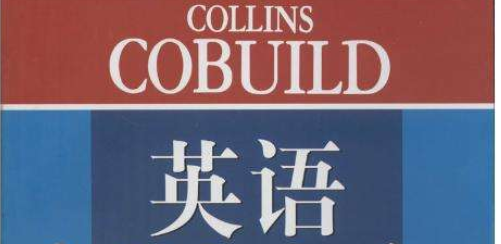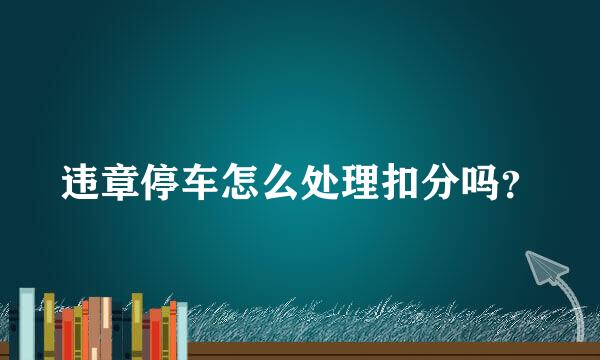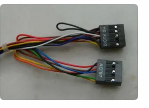1、副词修饰动词和形容词,放在动词和形容词的前面或者后面都可以。例:I sincerely hope you can understand me.我真诚地希望你能理解我。这里Sincerely“真诚地”是副词,修饰hope,表程度。
2、系动词后面加形容词。例:be nice,get confused,feel good...这类的例子很多。又例:The flower is very beautiful.这朵花真漂亮。“very”副词,修饰“beautiful”。
3、动词后面加名词,动宾结构。例:open the door,close the window。
4、有些时候名词后面可加名词,第一个名词充当定语的作用。如:banana tree
扩展资料
英语十大词性用法:
1.noun(n.) 名词:to describe a person or thing
eg. book, gril, pen
是否可数又分为:countable noun(c.) eg. book, egg, man
uncountable noun(u.) eg. water, bread
2. verb(v.) 动词
eg. do, make, go, take, bring
Vt. (及物动词) eg. speak, give, sing
Vi. (不及物动词) eg. run, work
3. adjective(adj.)形容词
eg. good, beautiful, nice, happy, long
比较级和最高级 eg. good- better- best nice- nicer- nicest
4. adverb(adv.)副词
eg. fast, quickly, badly, well, happily
比较级和最高级 eg. fast-faster-fatest
5. pronoun(pron.)代词、人称代词,指示代词
eg. this, that, it, she, he, I, you, they
人称代词又有主格和宾格,形容词性物主代词和名词性物主代词 eg. I- me- my- mine
6. preposition(prep.)介词
eg. in, on, by, at, under, behind, from, to, for, with,
介词为英语中的小词,但它们的作用可大着呢!
7. numeral(num.)数词
eg. one, two, three, first, sencond, third数词分为基数词和序数词两类
8. conjunction(conj.)连词
eg. and, but, because, so, after, before,then,
连词连接两个句子,并能表示两个句子之间的关系
9. article(art.)冠词
英语中冠词共3个,分为两类: definite article: the
indefinite artible: a, an
10. interjection(int.)感叹词
感叹词常用在句首,表达一种惊奇,生气,喜悦等感情
eg. Ah, what an interesting book!
参考资料
标签:副词,动词,修饰
















